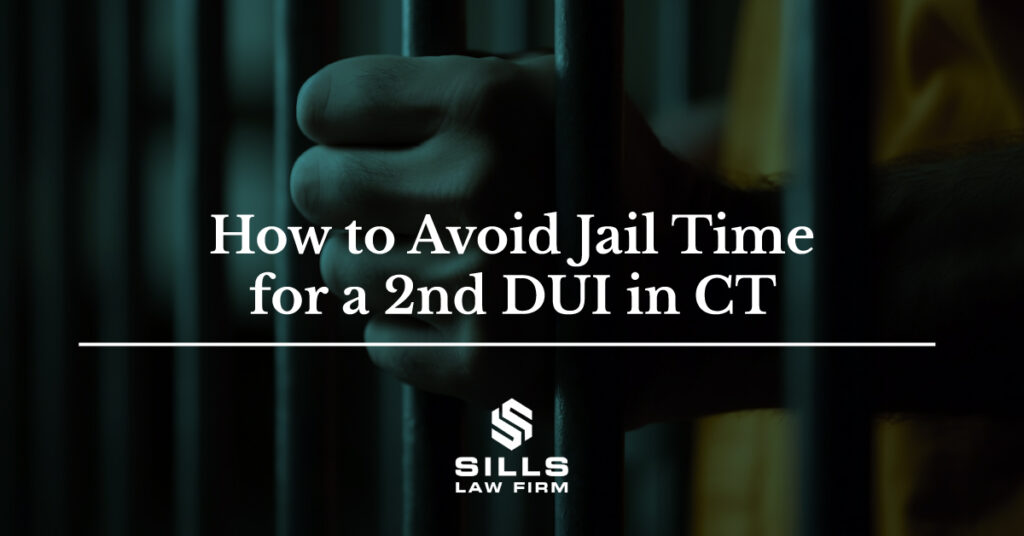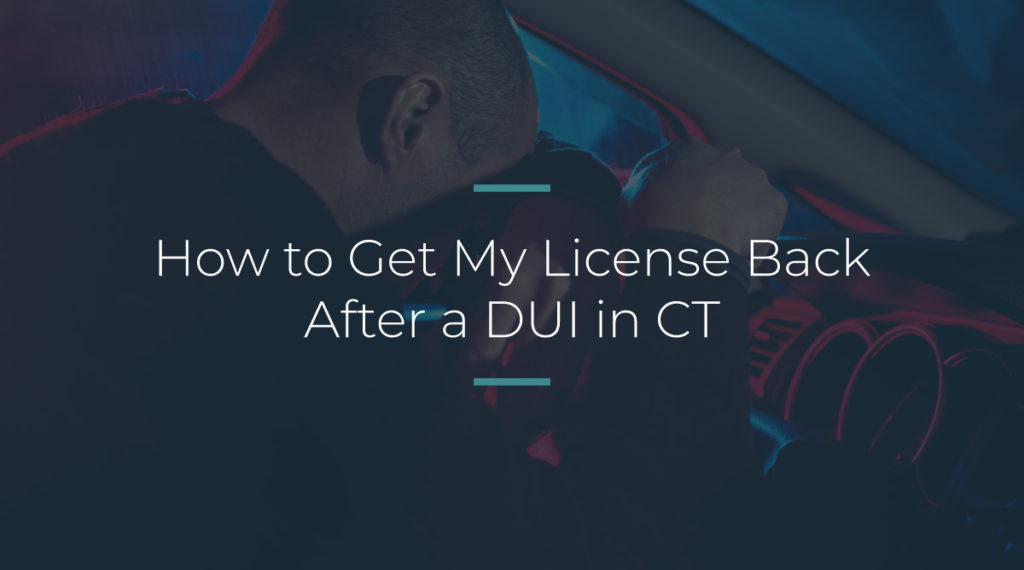I have clients tell me all the time, “They didn’t read me my Miranda rights so they should just dismiss the case, right?” Not so fast. In today’s society, virtually every individual has heard the term “Miranda Rights.” TV shows like Cops show the police making an arrest and immediately upon arrest advising the individual of certain rights. So naturally people assume that if their arrest did not occur the same way, then their case should be dismissed. This could not be further than the truth. How Miranda works is one of the biggest misconceptions in Connecticut’s criminal just system.
What are Your Miranda Rights?
Miranda Rights are rooted in the 1966 United States Supreme Court decision in Miranda v. Arizona. Once an individual is under arrest certain constitutional rights and privileges kick in. The basic premise of Miranda is that, since individuals under arrest are unlikely to know exactly what these rights are, the police must advise them of their constitutional rights. In Connecticut, those rights consist of:
- You have the right to not say anything about this offense you are charged with; you may remain silent.
- Anything you say or any statements you make may be used against you.
- You have the right to talk with an attorney before being questioned, you may have an attorney with you, and you cannot be questioned without your consent.
- If you are unable to pay for an attorney you will be referred to a Public Defender Officer where you may ask for an attorney to represent you.
- You have the right to be promptly interviewed about the terms and conditions of your release pending further proceedings, and if you ask, you may have an attorney present with you during this interview.
The Police Will Advise You of Your Miranda Rights Verbally or in Writing
Nowadays, in most and virtually every arrest, the police officer is going to advise you of your Miranda rights in some way, shape or form verbally or in writing. The Miranda issues that I typically see arise not because the police officer failed to advise the individual of his or her Miranda Rights, but because the police officer either did not do so in a timely fashion or because the police officer ignored or violated an individual’s Miranda Rights.
Did You Sign a Notice of Rights?
The most common way someone’s advised of their Miranda rights are in writing. There’s a form that police officers use that is called notice of rights. Often the person signs it without even reading and then I’m able to tell them, “Hey do you have that pink piece of paper, the notice of rights,” then they’ll say, “Oh, it is right here.” I ask, “Is this your signature?” “Yes, it is.” A police officer is not required to actually read the arrestee his or her rights. It is enough that the suspect was advised of these rights.
In most cases when someone tells me they have not been advised of their rights, there’s a little digging to be done. In a lot of cases, I find that the person actually was and maybe just did not realize it.
Suppression and Not Dismissal is Remedy for Miranda Violations
The other misconception about somebody’s Miranda rights is what happens if you’re not advised of your Miranda rights. Simply not being advised of your rights, your Miranda rights, does mean that the case is going to be dismissed.
The way Miranda works is that when somebody is in police custody and being subject to interrogation, they have certain rights that are available to them and they’re required to be notified about those rights.
Right there, you have two conditional precedents to Miranda. The individual must be in police custody and must be subject to interrogation before Miranda applies.
Once the person is placed under arrest, they’re in police custody. If that’s all the police officer plans on doing, for example, they don’t plan on talking to the person, asking them another question, then you would not necessarily need to advise someone of their Miranda rights.
Admissions Made While in Custody and Being Interrogated But Before the Miranda Rights Are Offered May Be Suppressed
In most cases, after somebody is placed under arrest, there is some interrogation. There is some questioning that takes place. If there is questioning and interrogation that takes place prior to a person being advised of their Miranda rights and we’re able to discover that, that’s generally the type of information that we’re able to get suppressed and not considered as evidence.
What we commonly see begins with an arrest. This arrest may involve someone being arrested on the streets, for example, for drug possession or the police see a hand-to-hand transaction and they arrest either the drug dealer or the drug possessor.
They may handcuff the person, put them in the car, not advise them of their rights, bring them down to the police department and then advise of their rights after they’re down to the police department.
While in the car, they were in police custody at the time. They were placed under arrest. The only thing we’re really able to do in that situation is to get any evidence suppressed that may have happened in between the time that they were placed in custody and the time they were advised of their Miranda warnings.
If no interrogation took place then there’s nothing to be suppressed. A lot of people are under the misconception that if they aren’t advised of their rights right away when they’re arrested that their case is going to be dismissed.
Another situation that we see from time to time is that the suspect is advised that he or she has the right to an attorney. The individual then tells the police officer that he or she wants an attorney present and does not want to be questioned without an attorney. Nevertheless, the police officer presses on. If the suspect makes admissions after asserting his or her rights, we can often get these statements suppressed.
It is important you enlist the legal guidance of a criminal defense attorney immediately upon being arrested.
Contact a Connecticut Criminal Defense Attorney Today
If you’re charged with a crime, contact our Connecticut Criminal Defense Attorneys at The Sills Law Firm to discuss your legal options. Our firm is not afraid to challenge police reports or witness testimonies on your behalf.
The Sills Law Firm defends Connecticut criminal cases statewide and maintains offices in Hartford and Waterbury. In addition to Hartford and Waterbury, the Firm regularly appears in the following courts: Danbury, Derby, Meriden, Middletown, Manchester, Enfield, New Britain, Torrington, Rockville, Milford, and New Haven.
Contact us at (866) 971-3909 or fill out our online form to schedule a FREE consultation.





